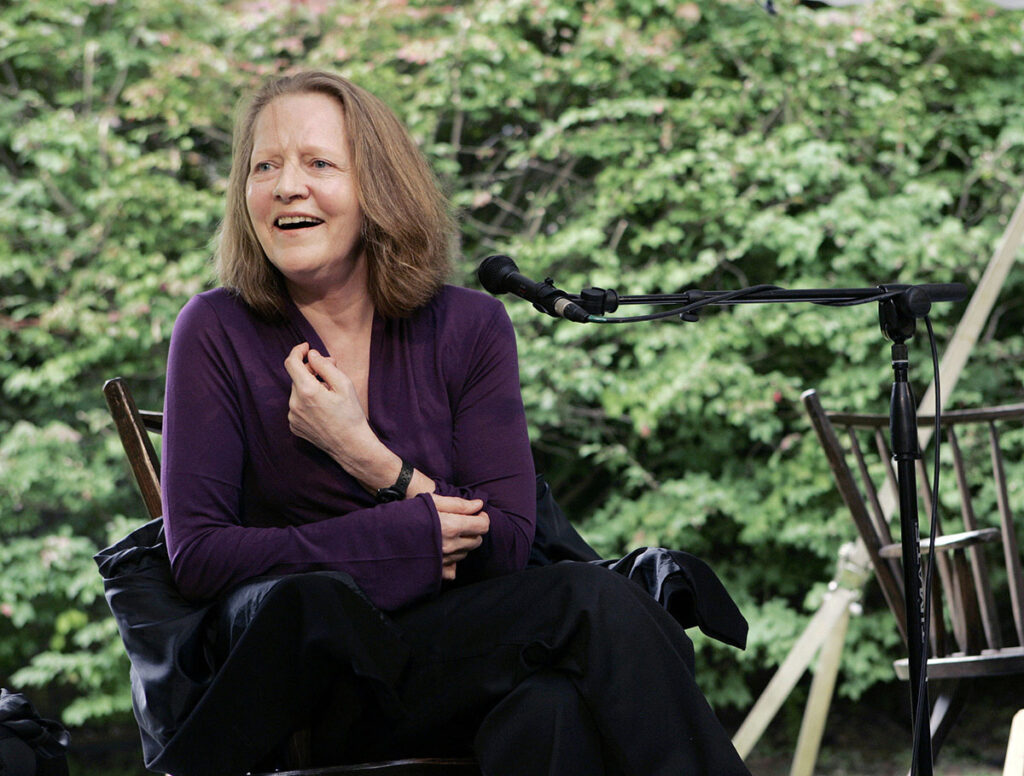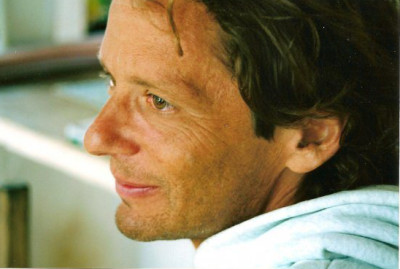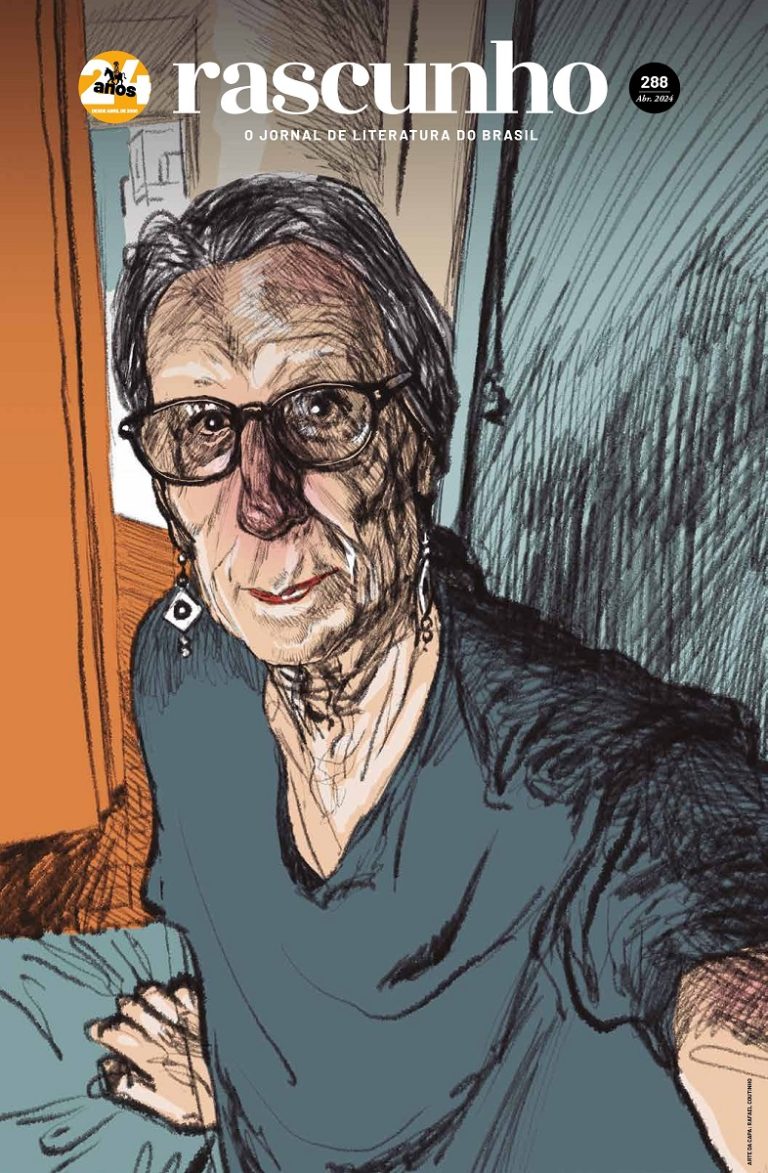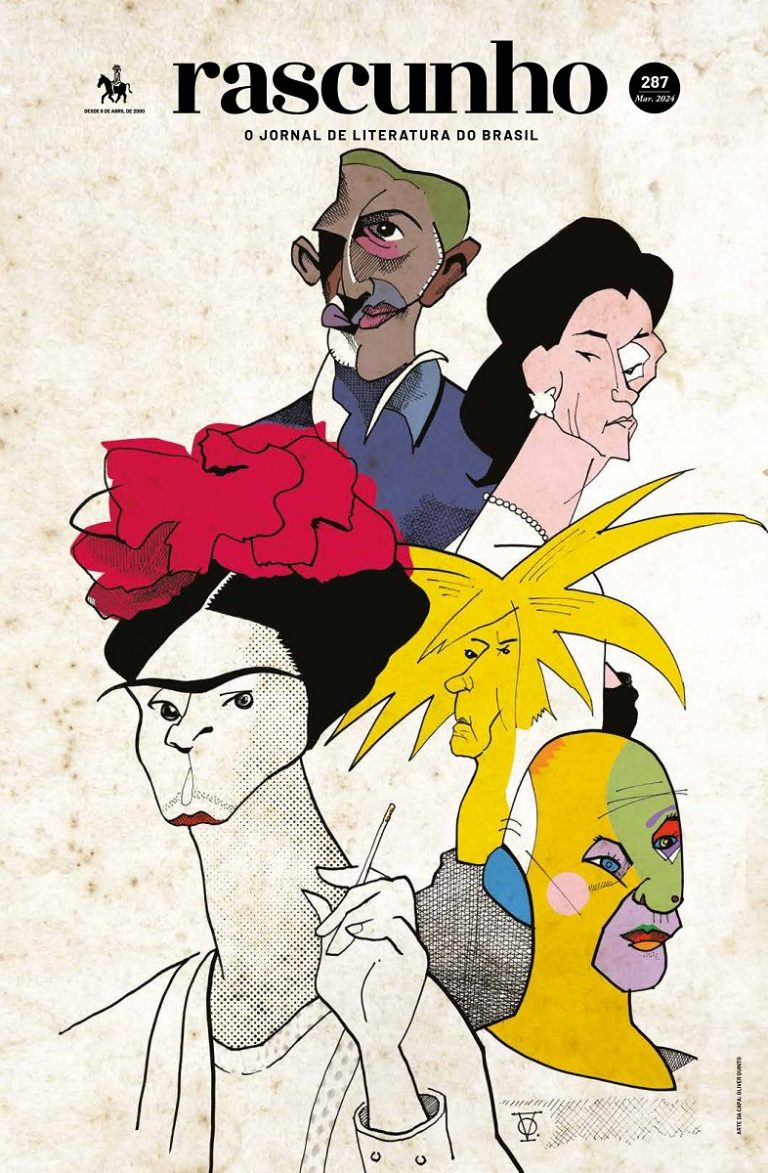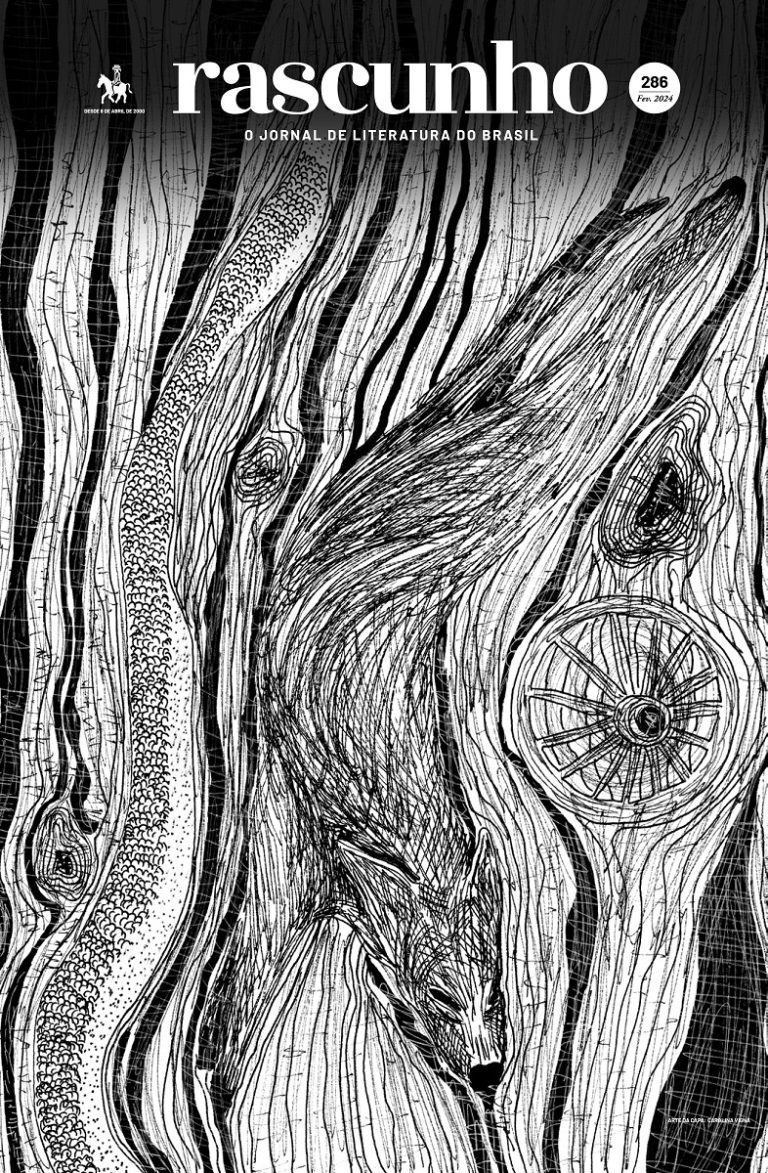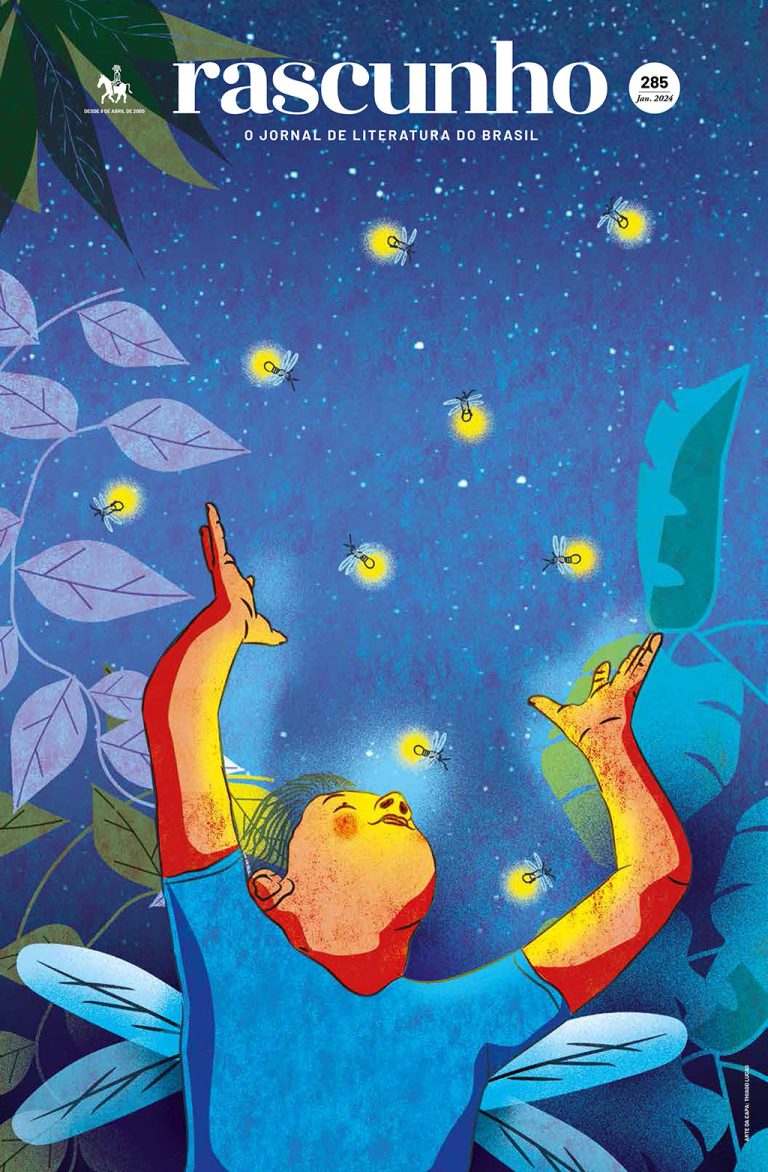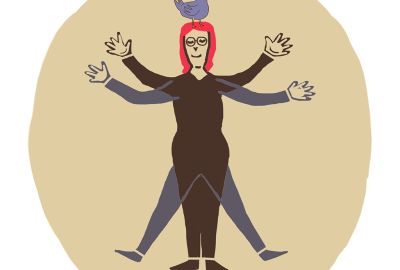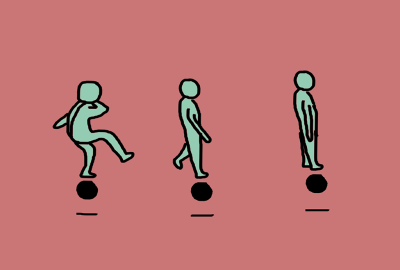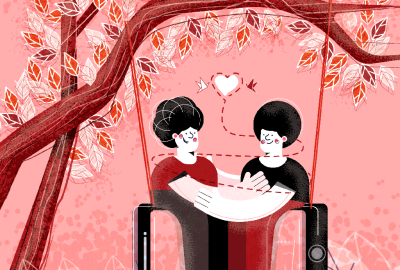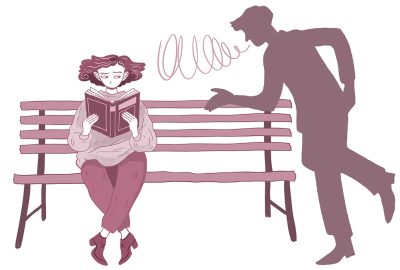Tradução e seleção: André Caramuru Aubert
Highway 90
An owl lands on the side
of the road. Turns its head
to look at me going fast,
window open to the night
on the desert. Clean air,
and the great stars.
I’m trying to decide
if this is what I want.
Highway 90
Uma coruja pousa ao lado
da estrada. Ela vira a cabeça
para me olhar indo rápido,
a janela aberta para a noite
do deserto. Ar límpido,
e as estrelas grandiosas.
Estou tentando decidir
se é isso que eu quero.
…
New York address
The sun had just gone out
and I was walking three miles to get home.
I wanted do die.
I couldn’t think of words and I had no future
and I was coming down hard on everything.
My walk was terrible.
I didn’t seem to have a heart at all
and my whole past seemed filled up.
So I started answering all the questions
regardless of consequence:
Yes I hate dark. No I love light. Yes I won’t speak.
No I will write. Yes I will breed. No I won’t love.
Yes I will bless. No I won’t close. Yes I won’t give.
Love is on the other side of the lake.
It is painful because the dark makes you hear
the water more. I accept all that.
And that we are not allowed romance but only its distance.
Having finished with it all, now I am not listening.
I wait for the silence to resume.
Endereço em Nova York
O sol acabara de ir embora
e eu caminhava três milhas para chegar em casa.
Queria morrer.
Não podia imaginar palavras e não tinha futuro
e estava pegando pesado em tudo.
Minha marcha era terrível.
Eu nem mesmo parecia ter um coração
e todo o meu passado parecia saturado.
Então comecei a responder a todas as questões
sem pensar nas consequências:
Sim, odeio a escuridão. Não, amo a luz. Sim, não vou falar.
Não, vou escrever. Sim, vou reproduzir. Não, não vou amar.
Sim, vou abençoar. Não, não vou encerrar. Sim, não vou doar.
O amor está no outro lado do lago.
É doloroso porque a escuridão faz com que a gente ouça
melhor a água. Eu aceito tudo isso.
E que não nos cabe o romance, apenas sua distância.
Tendo terminado com tudo isso, eu agora nem ouço.
Espero pela volta do silêncio.
…
Arriving
What do they say about the land of the dead?
About the ceremony of the body?
About women in long dresses?
What do they say about the innocence of the flesh?
What about the endeavor in nature
at ease with the dance and music?
Long ago beyond graves are worlds in state.
The cities still there in ruin. The neck of the ibex.
Walled gardens surrounded by desert.
Imagined lions guarding the gate.
All as it was before.
Worlds out of time still exist.
Worlds of achievement out of mind and remembering
just as the poem lasts.
In the concert of being present.
I have lost my lover and my youth.
I want to praise the meadow, the horse
rolling over in the river with me
as a girl underneath it. Surviving to see
the ferns in the woods, sunlight on blond hills.
And the aged apple trees
in a valley where there used to be a cabin.
Where someone lived. And where small inedible apples
grow. That the deer will eat.
Chegando
O que dizem eles sobre a terra dos mortos?
Sobre a cerimônia do corpo?
Sobre mulheres em vestidos longos?
O que eles dizem sobre a inocência da carne?
E o que dizer da força da natureza
em paz com a dança e a música?
Há muito tempo, além dos túmulos, há mundos em suspensão.
Cidades ainda ali, em ruínas. O pescoço do íbex.
Jardins murados rodeados por desertos.
Leões imaginários guardando o portão.
Tudo como era antes.
Mundos fora do tempo ainda existem.
Mundos de conquistas além da mente e de lembrar
enquanto o poema permanece.
Na combinação de estar presente.
Perdi meu amor e minha juventude.
Quero louvar a campina, o cavalo
galopando comigo sobre o rio, eu
uma menina por baixo de tudo. Sobreviver para olhar
as samambaias nas matas, luz do sol nas colinas douradas.
E as envelhecidas macieiras
no vale onde antes havia uma cabana.
Onde alguém viveu. E onde crescem minúsculas e não palatáveis
maçãs. Que os cervos comerão.
…
Not saying much
My father is dead and there is nothing left
now except ashes and a few photographs.
The men are together in the old pictures.
Two generations of them working and boxing
and playing fiddles. They were interested
mostly in how men were men. Muscle and size.
Played their music for women and the women
did not. The music of women was long ago.
Being together made the men believe somehow.
Something the United States of America could
not give them. Not even the Mississippi.
Not running away or the Civil War or farming
the plains. Not exploring or the dream of gold.
The music and standing that way together
seems to have worked. They married women
the way they made a living. And the women
married them back, without saying much,
not loving much, not singing ever.
Those I knew in California lived and died
in beauty and not enough money. But the beauty
was like a face with the teeth touching
under closed lips and the eyes still. The men
did not talk to them much, and neither time
nor that fine place gave them a sweetness.
Sem dizer muito
Meu pai está morto e pouca coisa resta
além de cinzas e umas poucas fotografias.
Os homens aparecem juntos nas velhas imagens.
Duas gerações deles trabalhando e boxeando
e tocando rabeca. Eles estavam mais interessados
em como os homens eram homens. Tamanho e músculos.
Tocavam suas músicas para as mulheres, e as mulheres
não. A música das mulheres havia sido há muito tempo.
Estar juntos levava os homens de alguma maneira a crer.
Algo que os Estados Unidos da América não
pôde dar a eles. Nem mesmo o Mississippi.
Nem fugir nem a Guerra de Secessão nem
cultivar as pradarias. Nem explorar nem o sonho do ouro.
A música e terem ficado juntos daquele jeito
parece que funcionou. Eles se casaram com mulheres
do jeito que levavam a vida. E as mulheres
se casaram com eles, sem dizer muito,
sem amar muito, sem jamais cantar.
As que eu conheci na Califórnia viveram e morreram
na beleza, sem muito dinheiro. Mas a beleza
era como um rosto com os dentes se tocando
sob os lábios cerrados e os olhos impassíveis. Os homens
pouco falavam com elas, e nem o tempo
nem aquele belo lugar lhes deu alguma doçura.
…
Growing up
I am reading Li Po. The TV is on
with the sound off.
I’ve seen this movie before.
I turn on the sound just for a moment
when the man says, “I love you.”
Then turn it off and go on reading.
Crescimento
Lendo Li Po. A TV ligada
com o som no mudo.
Já vi esse filme antes.
Ligo o som só por um instante
quando o homem fala, “eu te amo.”
Então eu a desligo e volto a ler.
…
Night music
She sits on the mountain that is her home
and the landscapes slide away. One goes down
and then up to the monastery. One drops away
to a winnowing ring and a farmhouse where a girl
and her mother are hanging the laundry.
There’s a tiny port in the distance where
the shore reaches the water. She is numb
and clear because of the grieving in that world.
She thinks of the bandits and soldiers who
return to the places they have destroyed.
Who plant trees and build walls and play music
in the village square evening after evening,
believing the mothers of the boys they killed
and the women they raped will eventually come
out of the white houses in their black dresses
to sit with their children and the old.
Will listen to the music with unreadable eyes.
Música noturna
Ela se senta na montanha que é seu lar
e as paisagens vão deslizando para longe. Uma desce,
depois sobe, até o mosteiro. Uma se manda para
uma peneira de trigo e para uma fazenda onde uma menina
e sua mãe penduram roupas no varal.
Há um pequeno porto ao longe onde
a costa encontra a água. Ela está entorpecida
e límpida por causa do luto naquele mundo.
Ela pensa nos bandidos e nos soldados que
regressam aos lugares que destruíram.
Que plantam árvores e erguem muros e tocam música
na praça da aldeia, noite após noite,
acreditando que as mães dos meninos que eles mataram
e as mulheres que eles estupraram irão por fim sair
de suas casas brancas em seus vestidos negros
para se sentar com seus filhos e com os mais velhos.
Que ouvirão a música com olhares inescrutáveis.
…
The life of literature
Very early in the morning at the edge of the capital
she is trying to get a ride. The huge machines
go past noisily, covering her with dust. She worries
about finding safe water or soda on the way.
Finally a man reaches down and helps her climb up
the wheel and over the side into the bed of the truck.
A young girl shifts to make room, then settles her
small brother’s head in her lap. An old man turns
the blade of his machete away from them. When she
reaches Condega it is a quiet town. That night
she sits on a piece of cardboard in the garden
behind the house with the husband who used to live
with her. They look at the moon and talk
of poems in the book she lent him. The one
by Bashô called The Long Road into the Deep North.
A vida da literatura
Bem cedo de manhã nos arrabaldes da capital
ela tenta pegar carona. As enormes máquinas
passam direto, barulhentas, cobrindo-a de poeira. Ela se preocupa
em encontrar água potável ou refrigerante no caminho.
Até que um homem para e a ajuda a escalar
a roda e entrar na boleia do caminhão.
Uma garota se move para abrir espaço, e em seguida ajeita
no colo a cabeça de seu irmãozinho. Um velho vira
a lâmina de seu facão na direção oposta. Quando ela
chega a Condega[1], a cidade está quieta. Naquela noite
ela se senta num pedaço de papelão, no jardim
atrás da casa com o marido que vivia
com ela. Eles olharam para a lua e falaram
dos poemas do livro que ela emprestara a ele. Aquele
de Bashô chamado A longa estrada para o longínquo norte.
…
Downsized
She lives where no one comes to visit.
In an old house made of stone and wood,
with bamboo ceilings. When she goes down
to the village, she says good evening
in a foreign language to the old people
sitting outside on the streets of rock.
They are the only words she speaks all day.
This morning when she opened
his letter to read again, a scorpion
fell out on her white cotton nightgown.
“Each day,” she thinks later, “I am less
and less part of the world, even though
I live closer to it than ever.”
Encolhida
Onde ela vive ninguém vai visitar.
Numa casa velha feita de madeira e pedra,
com teto de bambu. Quando ela desce
até a aldeia, ela diz boa tarde
numa língua estrangeira para os velhos
sentados do lado de fora, nas ruas de pedra.
São as únicas palavras que ela pronuncia no dia.
Nesta manhã quando ela abriu
a carta dele para lê-la novamente, um escorpião
caiu na sua camisola branca de algodão.
“A cada dia que passa,” ela pensou depois, “eu faço menos
e menos parte do mundo, ainda que
eu esteja mais perto dele do que nunca.”
[1] Cidade do interior da Nicarágua.

